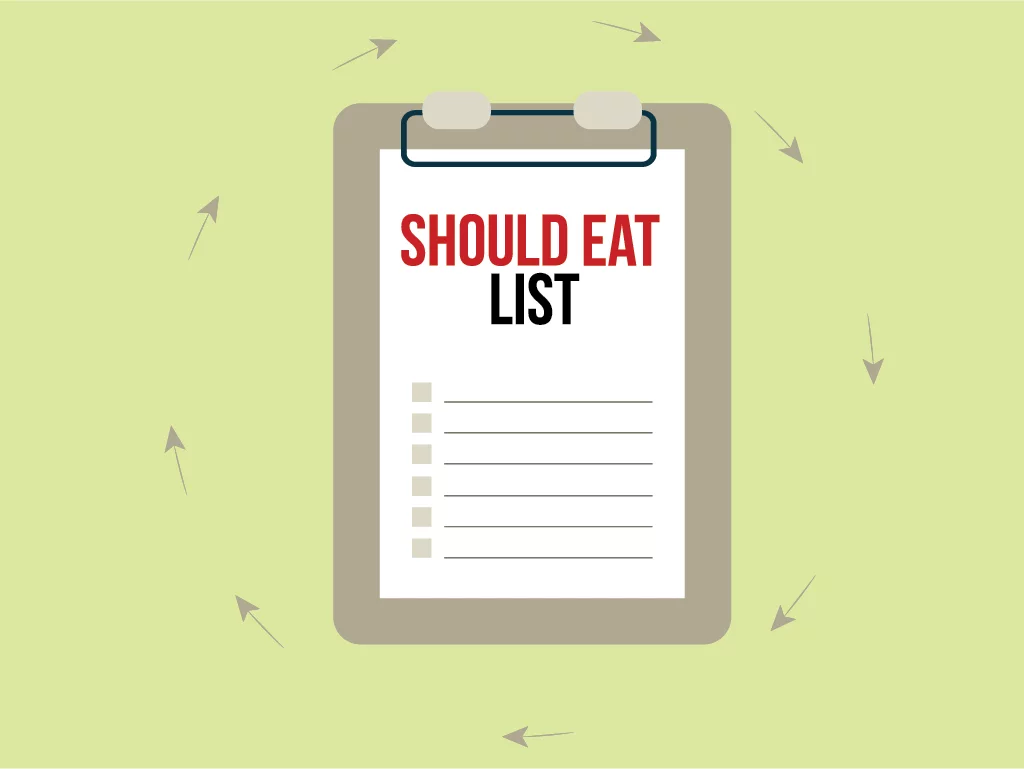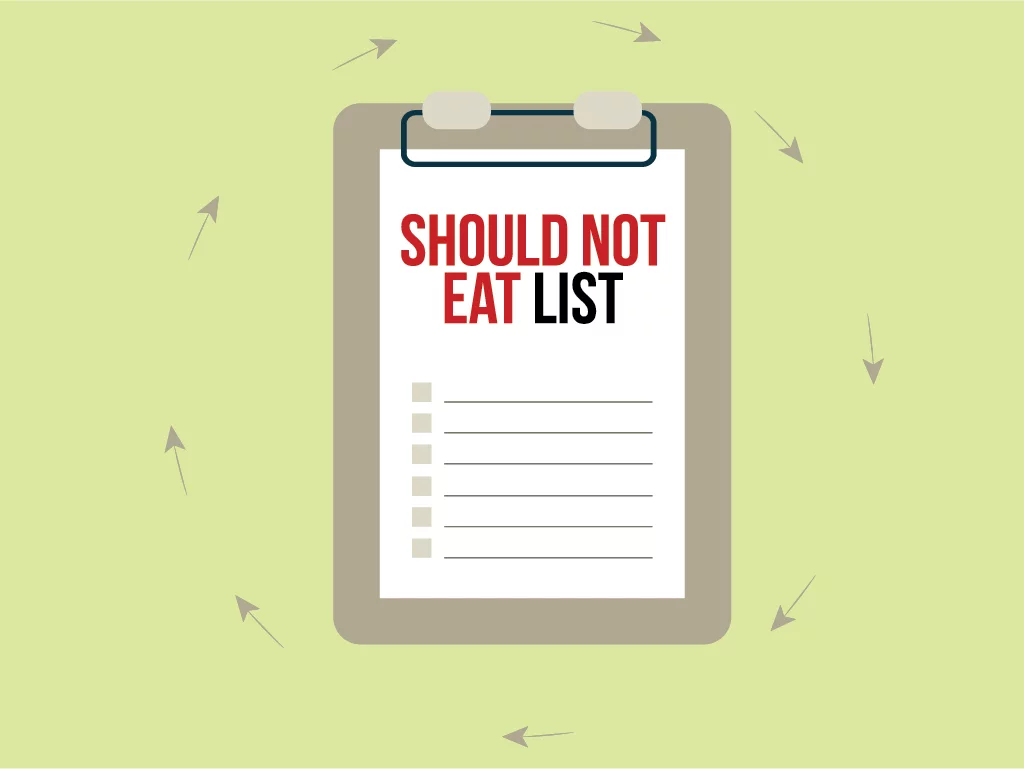What is the best diet plan for gestational diabetes?
- Keep protein in your diet.
- Limit or avoid processed foods.
- Monitor the portions of your food.
- Maintain the right mix of fats and carbohydrates.
Gestational diabetes is diabetes which is diagnosed in women for the first-time during their pregnancy (also called a gestation period). As with other types of diabetes, gestational diabetes affects the way the cells use sugar (glucose).
Having gestational diabetes increases your blood sugar levels and can put your health at risk as well as your baby’s.
While being diagnosed with gestational diabetes can be alarming especially to first-time mothers, you shouldn’t worry. Gestational diabetes can be controlled with the right menu plan for a diabetic patient. This includes eating healthy food, staying away from certain “bad” food, exercising regularly, and if necessary, taking diabetic medication. For expectant mothers who are hesitant to take medication, there is also moringa or malunggay supplements which can naturally lower one’s blood sugar. Controlling one’s blood prevents a difficult delivery.
Luckily, for many women diagnosed with gestational diabetes, blood sugar typically returns to normal soon after delivery. However, pregnant women shouldn’t be completely complacent as those with gestational diabetes are at a higher risk for getting type 2 diabetes. Regular testing needs to be done after to ensure it has not developed into that and there are no irregular blood sugar spikes.
“So, what can I eat?” For a pregnant woman who’s diagnosed with gestational diabetes, medicines aren’t the only concern that doctors would often strictly put into your plate. With your body stopping from responding to insulin or falling short of making insulin to provide you the glucose you need, your food intake may be more crucial than before. Thus, in order to keep track of a healthy pregnancy, a diet plan should be incorporated into your daily meals to maintain your glucose levels under control. This may include the following 'should' and 'should not' eat list:

Your ‘Should Eat’ List
Generally, pregnant women with gestational diabetes may be advised to include protein in their diet and the right mix of fats and carbohydrates. For specifics, Healthline recommends the following choices for healthy snacks and meals that you can opt for:
- Eggs
- Fresh fruits
- Fresh or frozen, and steamed vegetables
- Baked [not fried] fish
- Steel-cut oatmeal that you can top with berries
- Skinless chicken breasts
- Air-popped popcorn
- Greek yogurt that is unsweetened
It is also recommended to avoid processed foods as it is not healthy especially with gestational diabetes patients. This is due to the fact that this food goes through inorganic processes that reduce the nutrition level of the content. If cannot be avoided, doctors often suggest limiting its consumption.
In observing your diet plan, it should be noted that the plan doesn’t particularly focus on cutting your diet. There are only specific food nutrients that you should consume more and less of others. It is more of a change in the food you eat that wouldn’t go too far from your normal diet. However, your food intake should still be monitored to achieve a healthy pregnancy and avoid complications.
An ideal gestational diabetes diet menu should be low-sugar and low-fat.
- Replace sugary snacks like cookies, candy, and ice cream with natural sugars from fruits, carrots, and raisins. Incorporate lots of vegetables and whole grains into your diet. Mind your portion sizes so you don’t overeat.
- Instead of having three heavy meals a day, break it down into three small meals along with two to three snacks throughout the day.
- How you portion out your meals is very important when it comes to preparing your meal plan for gestational diabetes. You should be getting 40% of your daily calories from carbs (preferably whole grain carbs like whole wheat bread, brown rice, or red rice), 20% from protein, the rest from fruits and vegetables. Your fat intake should only be between 25% and 30% of your total meal. If it helps, there are certain plates that come with dividers that can assist you with portion control. This gives you a more visual representation of how much from each food group you should be eating.
- Ideally, pregnant women experiencing gestational diabetes should eat 20-35 grams of fiber a day. This should come from whole grain bread, cereal, and pasta, brown or red rice, oatmeal, and vegetables.
- Eat a wide variety of food to make sure you get enough vitamins and minerals. Sticking to the same kinds of food may limit the kinds of nutrients you and your baby receives.
- Eat food made with malunggay or take malunggay or moringa supplements which have been proven to natural lower one’s blood sugar levels.

Your ‘Should Not Eat’ List
As already mentioned above, processed foods are not recommended for pregnant women who are diagnosed with gestational diabetes. This is because they include high levels of sugar, which is what you need to avoid at this point. In general, this list may include:
- Fast food
- Fried food
- Alcoholic beverages
- Baked goods such as donuts, cakes, muffins, and many others
- Candy
- Highly starchy foods including white rice and white potatoes
- Sugary drinks, specifically soda, juice and other sweetened drinks
Aside from these obvious no’s, you should also avoid fish that contains high levels of mercury such as shark, marlin, swordfish, and others. For tuna, you may still consume some but in limited portions only. Keep your consumption to at least four medium-sized cans of tuna a week.
Furthermore, particular types of cheese should also be avoided, along with uncooked eggs, meat, liver, and raw shellfish to avoid complications. Fruits and vegetables should also be thoroughly rinsed to get rid of the dirt or soil that may still be present in the food.
Key Takeaway
A healthy diet plan can always work miracles if done correctly by following what you should eat, what you should avoid, and by doing this routine regularly. Aside from this, always consult your doctor for advice and follow the instructions. This will not only help you maintain a healthy pregnancy, but also secure your baby’s health in the future.